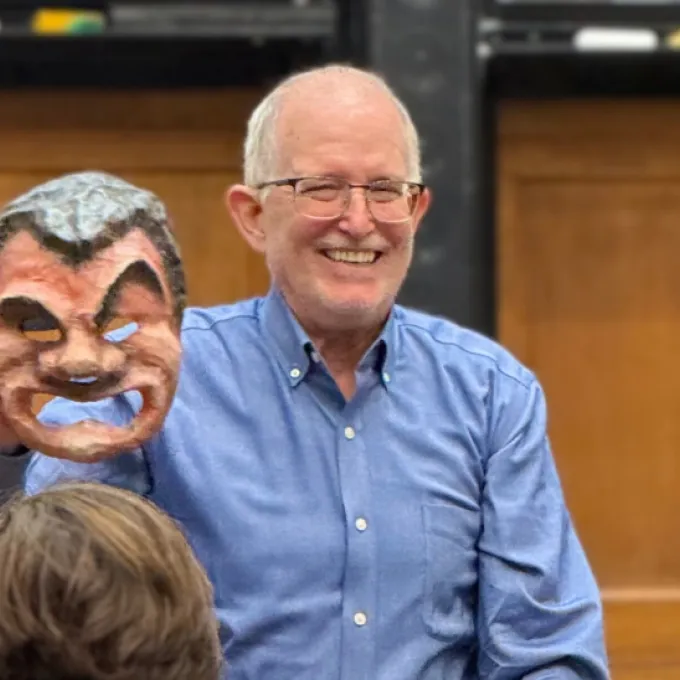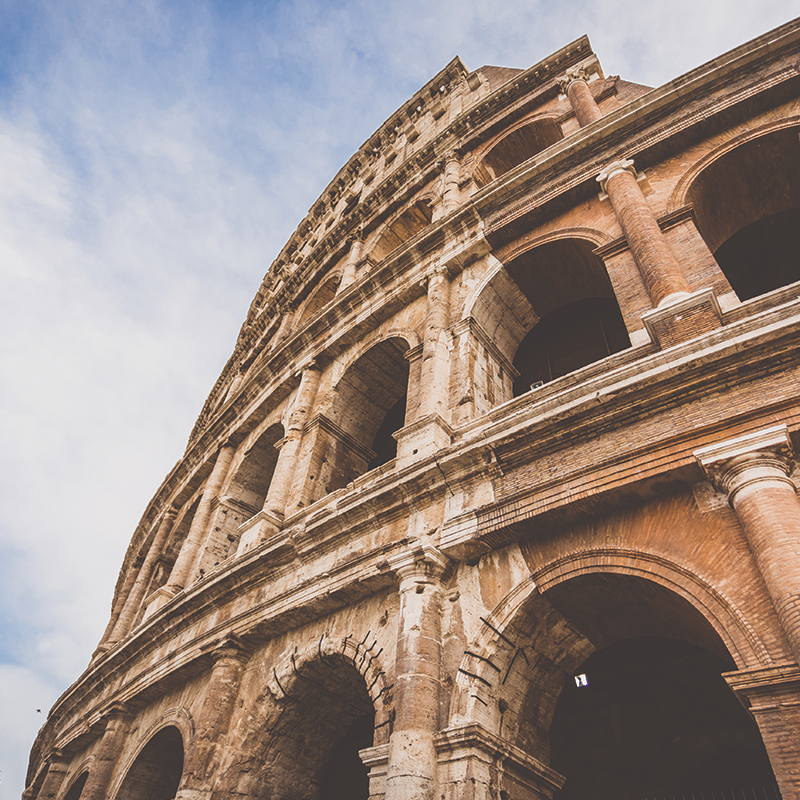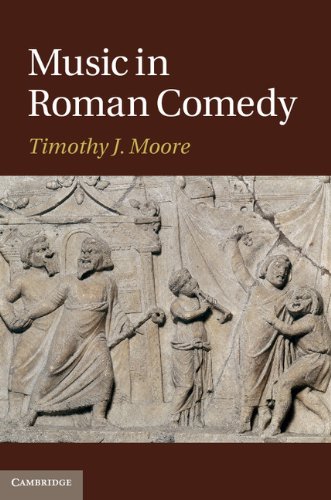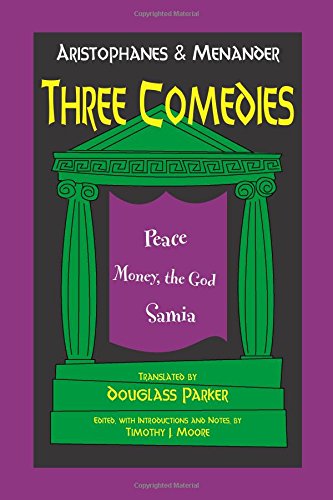Selected Publications
Books
Music in Roman Comedy (Cambridge 2012)
Roman Theatre (Cambridge 2012)
The Theater of Plautus: Playing to the Audience (Austin 1998)
Artistry and Ideology: Livy's Vocabulary of Virtue (Frankfurt 1989)
Edited Volumes
Form und Bedeutung im lateinischen Drama / Form and Meaning in Latin Drama, ed. by Timothy J. Moore and Wolfgang Polleichtner.
Aristophanes and Menander: Three Comedies: Peace, Money, the God, Samia, translated by Douglass Parker, ed. with introductions and notes by Timothy J. Moore.
Recent Articles and Book Chapters
“Ludic Music in Ancient Greek and Roman Theater,” in Ludics: Play as Humanistic Inquiry, edd. Vassiliki Rapti and Eric Gordon (Palgrave/MacMillan, 2021) 181-211.
“Music in Roman Drama,” in A Companion to Ancient Greek and Roman Music, edd. Tosca Lynch and Eleonora Rocconi (Wiley-Blackwell, 2020) 145-158.
“The State of Roman Theater c. 200 BCE,” in A Companion to Plautus, edd. George Fredric Franko and Dorota Dutsch (Wiley-Blackwell, 2020) 17-29.
“Music and Metre,” in The Cambridge Companion to Roman Comedy, ed. Martin Dinter (Cambridge University Press, 2019) 101-119.
“Music in the Time of Vergil: Insights from a Symposium,” Greek and Roman Musical Studies 6 (2018): 51-60.
“Stinging Auloi: Aristophanes, Acharnians 860-71,” Greek and Roman Musical Studies 5 (2017): 178-190.
“Sophocles after Ferguson: Antigone in St. Louis, 2014,” Didaskalia 13 (2016–2017): 49-68. http://didaskalia.net/issues/13/10/
“Music in Roman Tragedy,” in Roman Drama and its Contexts, edd. Stavros Frangoulidis, Stephen J. Harrison, and Gesine Manuwald (Trends in Classics Supplementary Volume 34, Berlin: De Gruyter, 2016) 345-361.
“Roman Comedy in Performance: Using the Videos of the 2012 NEH Summer Institute,” (with Sharon James), Didaskalia 12 (2015): 37-50. (http://www.didaskalia.net/issues/12/6/).
“The 2012 NEH Summer Institute on Roman Comedy in Performance: Genesis and Reflections” (with Sharon L. James and Meredith Safran), Classical Journal 111 (2015): 1-9.
“Using Music in Teaching Roman Comedy” (with T.H.M. Gellar-Goad), Classical Journal 111 (2015): 37-51.
“Music and Gender in Terence’s Hecyra,” in Women in the Drama of the Roman Republic, edited by Dorota Dutsch, Sharon James, and David Konstan (University of Wisconsin Press, 2015) 68-87.
“Meter and Music,” in The Blackwell Companion to Terence, edd. Antonios Augoustakis and Adriana Traill (Malden, MA: Wiley-Blackwell, 2013) 89-110.
“Andria: Terence’s Musical Experiment,” in Form und Bedeutung im lateinischen Drama / Form and Meaning in Latin Drama, edd. Timothy J. Moore and Wolfgang Polleichtner (Bochumer Altertumswissenschaftliches Colloquium 95. Trier: Wissenschaftlicher Verlag, 2013) 87-114.
“Song in the Greek Classroom,” Teaching Classical Languages 4.2 (Spring 2013): 66-85 (http://www.tcl.camws.org/spring2013/Moore.pdf).
“Rodgers and Hart’s ‘The Boys from Syracuse’: Shakespeare Made Plautine,” in Ancient Comedy and Reception, ed. Douglas Olson. Boston University Studies in the Classical Tradition (Leiden: Brill, 2013) 762-785.
“Don’t Skip the Meter! Introducing Students to the Music of Roman Comedy,” Classical Journal 108 (2012/13) 218-234.
“An Aulos in Eelde, the Netherlands,” in Studien zur Musikarchäologie VIII, edd. R. Eichmann, F. Jianjun, and L.-C. Koch (Orient-Archäologie 27. Rahden: Leidorf, 2012) 91-101.




